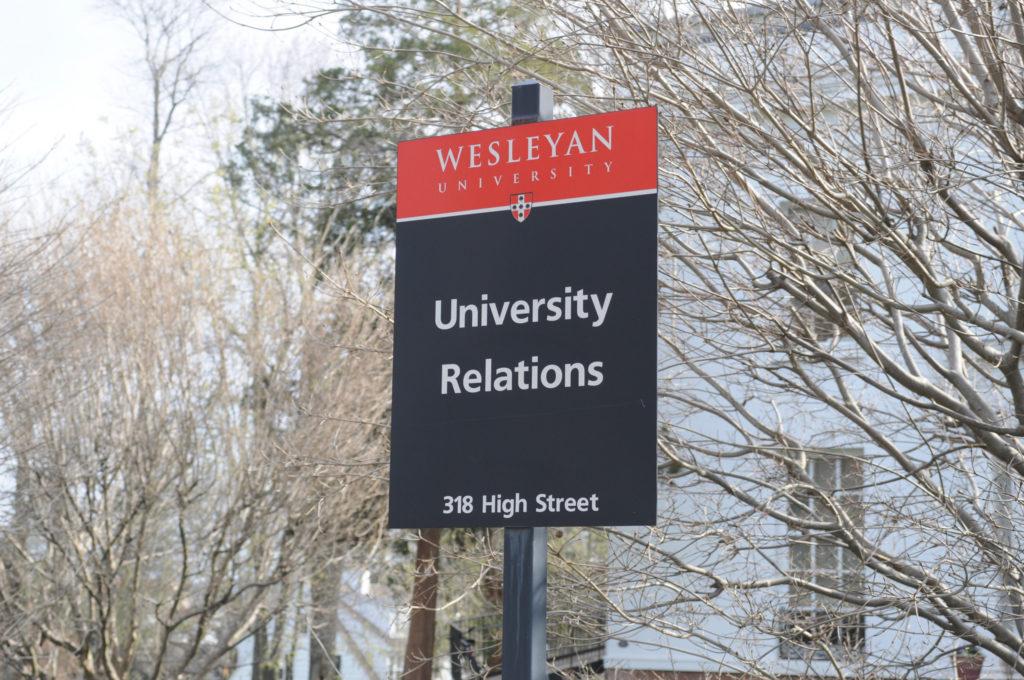By Molly Tankersley
At Columbia University, a student is carrying a mattress from class to class. She will continue to carry a mattress like the one she was sexually assaulted on until she and her alleged rapist no longer attend the same school.
A Harvard student wrote an open letter in her school’s newspaper this year entitled “Dear Harvard: You Win,” telling her story of living in the same building as the man she said assaulted her, while the university failed to punish him.
Stories like these can be found across college campuses, which is unsurprising given the rates of sexual assault among young women.
If you think it seems ineffectual to drag a mattress across the quad or write to a newspaper to have your voice heard, consider this: according to a White House report, one in five women will be sexually assaulted during their college education. Of these women, an average of only 12 percent will report the assault. And of the minuscule number of sexual assaulters reported that are found guilty, two-thirds will not be expelled from their school, according to a Huffington Post analysis.
As the nation increasingly turns its focus to address this appalling truth, the pressure on colleges to respond rises.
Wesleyan University announced last week that its residential fraternities must go co-ed in the next three years or lose university recognition.
This follows several incidents within the Wesleyan Beta Theta Pi and Psi Upsilon fraternities, including the former being labeled as a “rape factory” and the latter facing a lawsuit alleging that a rape occurred in the presence of others at the frat house, according to the Hartford Courant.
The mandate was prompted by a call to action from Wesleyan’s Student Assembly to reform and integrate women into the all-male fraternities on campus.
As a letter from the Wesleyan Student Assembly noted: “rape culture is present—and sexual assault is perpetrated—outside of fraternities. This does not negate the complicity of fraternities in supporting rape culture. Moreover, as institutions, fraternities are manipulable in ways that the intangibility of rape culture is not.”
The link between fraternities and sexual violence only grows stronger as other incidents come to light, like the University of Wisconsin-Milwaukee fraternity that is pending investigation for using a premeditated system to roofie girls last month, according to CNN.
In dealing with problematic fraternities, Wesleyan is the second college in Connecticut to make this call. Trinity College undertook this transition beginning in 2012, after the campus reported drinking and drug use problems in its fraternities.
In an effort to spark a deeper conversation on solutions to the collegiate rape problem rather than undermine those efforts that have been made, I’ll say this: is forcing frats to go co-ed telling girls that it is their responsibility to protect themselves from rape and instilling a “don’t get raped” mentality instead of a “don’t rape” one?
By sending women into fraternities with sexual violence and substance abuse issues, I worry that we may be perpetuating this mindset and putting girls at further risk. However, if this is a step towards forcing fraternities with sexual assault issues to consider women as peers and human beings equal to themselves rather than sexual objects, I applaud it.
Photo Courtesy Creative Commons.









